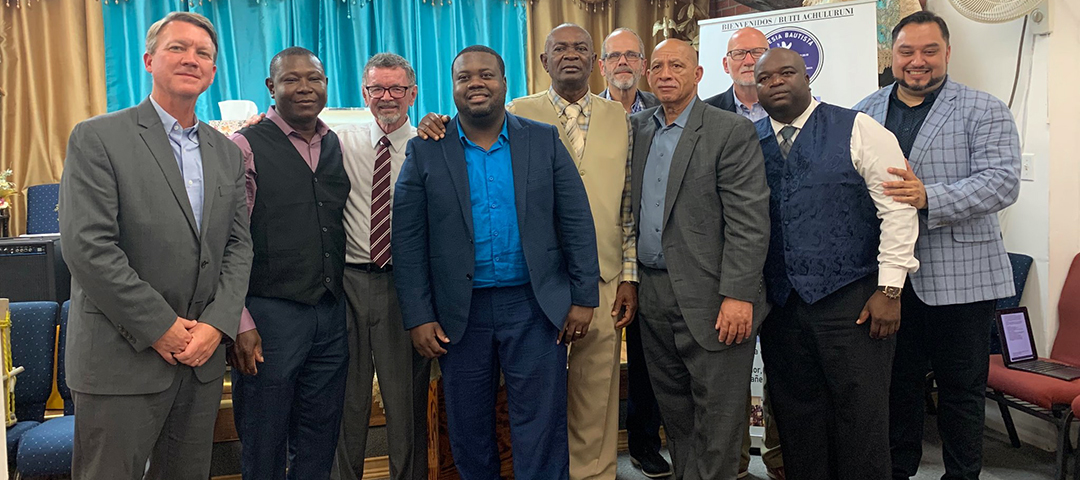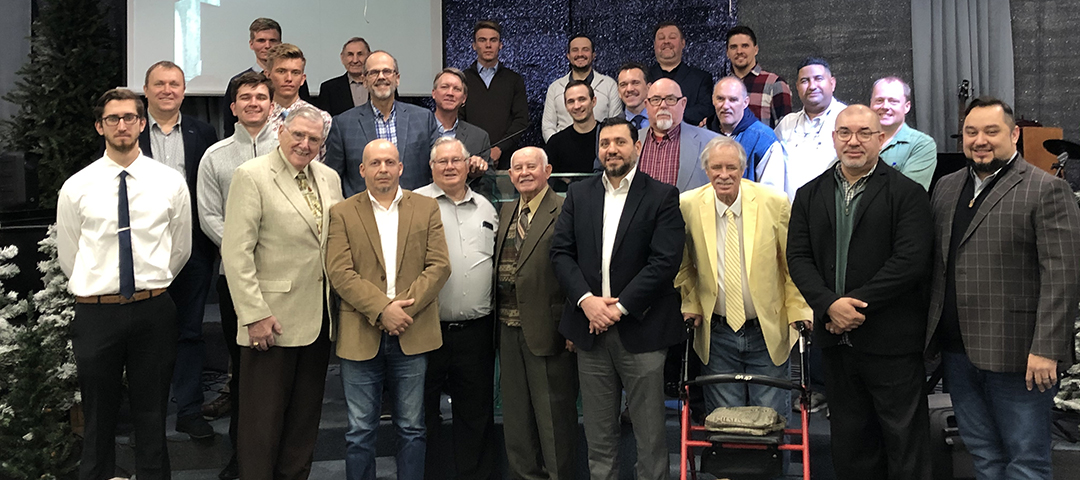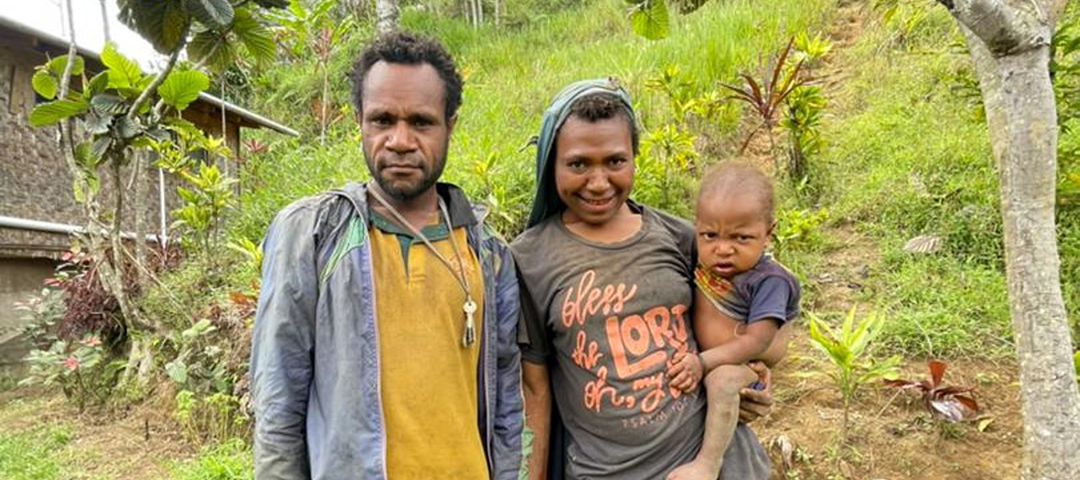
Generational Multiplication, Garifuna Style
November 1, 2022
The World is Coming to Us
November 15, 2022By Jeremy Hambrice, BMA Missionary to Papua New Guinea
Seven years ago we began to build our jungle houses in the mountains among the Wantakia people of Papua New Guinea (PNG). Before we ever learned their language, created an alphabet for it, or translated any scripture in it, we asked God to show us men and women who were faithful, available, and teachable (F.A.T.). We knew that many years down the road we would be doing ministry with them and eventually handing God’s Word over to them so they could continue to teach it long after we were gone.
As we started the process of learning the Wantakia language, we began to see men and women display those F.A.T. qualities. We saw men who hiked up the mountain and spent weeks and months learning new skills with the chainsaw and other tools as they helped us build our houses.
As we began to learn the Wantakia language, we saw men and women who put in a great deal of time showing up when we asked them to teach us.
As we spent time with them, we could see God revealing both men and women who were faithful, available, and teachable!
Pasei was not one of those people.
When we first moved out to the village of Pinji to live with the Wantakia, Pasei was living in Port Moresby, the capital city of PNG. We had no idea that all three of us missionary families had built our houses on his property. His older brother had given the okay, but when Pasei heard the news, his first thought was that he had struck it rich, and he would come and demand from us missionaries that we build him a tin roof house too.
When Pasei first arrived, he didn’t make any demands, but we could sense that he was a very arrogant person, always telling people his way was right and theirs was wrong. Every time we conversed with him in his language, he would be really quick to correct us and make smart comments about how long it was taking us to learn it. Pasei had been married to his wife Wumlin for about five years at this point. They were childless and he used to beat her and tell her how easily replaceable she was. They had gone to the bush doctor to get a magic fertility leaf they could both eat, but that had done no good.
In fits of anger, he would hike up to Wumlin’s home village of Asi and pick fights with her brothers, complaining that somehow through the use of sorcery it was their fault she was barren. (There are ten Wantakian villages spread out along the Wogamo River, and all ten speak Wantakia, Asi being the closest to our village Pinji.)
After three years we finally learned Pasei’s language, created an alphabet for it, began to translate the scriptures into it, and developed a literacy program so people could read it. How surprised we were when Pasei, the man who knew everything, came to us with his three dollar school fee and faithfully attended our literacy program for three months. On the heels of that first literacy class, we taught the people of Pinji village God’s Word for the first time.
We had prepared around seventy Bible lessons, plus the scripture portions that went with them, and this would take the Wantakia from the beginning of God’s Word all the way to the end with the hope that many would repent before God and trust in Jesus as their Savior. It took us a little over two months to teach the entire story of God, and Pasei and Wumlin faithfully came every day. As they sat on a log under our teaching tarp, hearing God’s Word in their own language, looking at pictures of the stories and watching many of these scenes acted out by us missionaries, Pasei and Wumlin heard for the first time how they were sinners who had come from Adam and were born in Satan’s clan.
They heard their only hope was the promised Savior Jesus who came and did all the work necessary for them to leave Satan’s clan and live in God’s. After hearing that message very clearly, they both, along with many other Wantakia people of Pinji village, believed in Jesus and went from “darkness to light, from the power of Satan to God”! (Acts 26)
When that happened we began to see such a transformation in the lives of Pasei and Wumlin. Pasei changed from being the most arrogant man in the village to the humblest! Soon after believing, he went to apologize to Wumlin and her family for how he had acted about Wumlin being unable to have children and told them after hearing God’s Word in his own language that he now believes that God is the author of life and could give them a child if he desires. After praying for over a year, God provided a child!
Not long after Pasei believed, we began to train Wantakia literacy teachers to take our place. That is the way of indigenous missions–“we do things with people and not for people, enabling them to reach their own people.” Because Pasei, through the power of the Spirit, was beginning to show some of those F.A.T. qualities, we began to train him to become a teacher as well. In the meantime, we kept teaching the new believers through the book of Acts. They all heard that one of the church’s main responsibilities is to share the gospel. As a result, Pasei and Wumlin have shared the gospel with nearly every person in their family, both in Pinji village and Wumlin’s home village of Asi.
As a result, there was great interest in hearing the entire story of God just like we had taught it the first time. This time, though, we missionaries didn’t want to teach it by ourselves. We wanted to involve the new believers, teach with them, and enable them to reach their own people. To do that, we began to train Pasei and others to be Bible teachers. This time they stood up with us and faithfully proclaimed the good news. The result was that we saw many more believe in Christ and join the church! Because we have done this with them and they are being equipped to reach their own people, the church desires to take the gospel to Wumlin’s home village of Asi.
Would you pray with us for the following?
- that God will continue to give these new believers what they need.
- that his good news would indeed reach all ten Wantakia villages.
- that many more lives–just like Pasei and Wumlin–would be changed, and that they too would be equipped to move the gospel from one place to the next.

